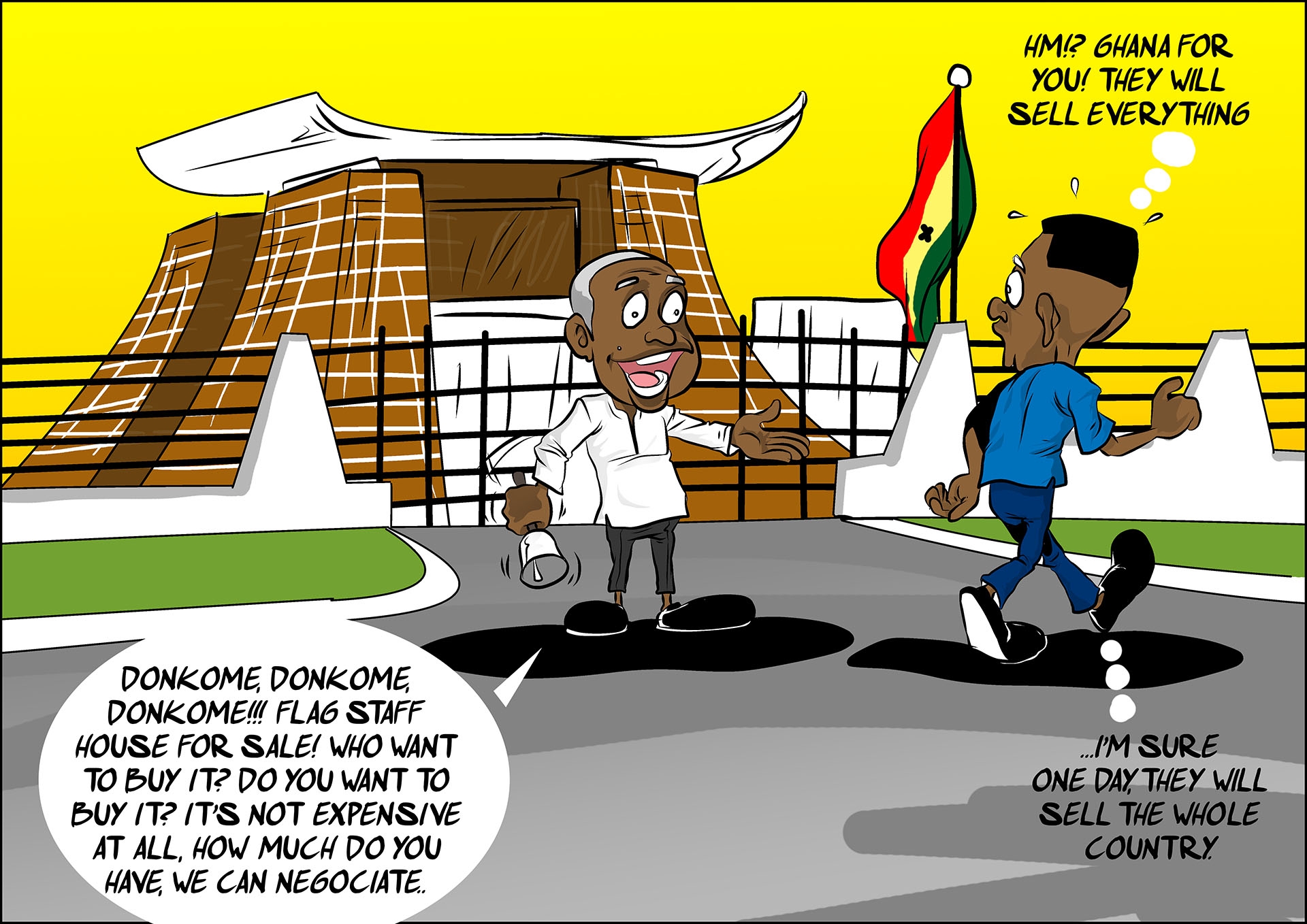The National Commission for Civil Education has taken frantic steps to improve Ghana's ranking on The Corruption Barometer Index, which currently stands at the 70th most corrupt country out of 170, with a score of 43 out of 100 points.
The NCCE in this regard has launched the findings of research entitled “Public Perception on Corruption Accountability Environmental Governance†was part of the Accountability, Rule of Law and Anti-Corruption Programme (ARAP) with funding from the European Union (EU).
It established that educating the public on the different dimensions of corruption would is one of the means to empowring citizens to fight the canker.
{loadmodule mod_banners,nativeads}
Citizens also need to be educated on how to demand accountability from their district assemblies and other public institutions.
Speaking at the launch of the research findings in Accra, Chairman of NCCE, Josephine Frimpong, said corruption hinders the socio-economic development of every nation and emphasised the need to intensify public education against the act.
She said the NCCE entered into a collaboration with the EU to conduct the research, which was critical to understand the causes of corruption in Ghana and to assist the Commission to tailor its education activities to address the issue.
Ms Frimpong said the Commission and other stakeholders would use the findings in citizen’s engagement, adding that everybody had to join the fight against corruption.
Justice Emile Short, a Former Commissioner of CHRAJ, said it was important for people to understand the causes of corruption and how it was affecting every aspect of the economy, so that all could be part of the solution to addressing the issue.
“All of us have a role to play to curb corruption in Ghana and we are to resolve to resist any corrupt act,†he said and urged the public to always report corrupt cases to the proper authorities for action.
He commended the NCCE for the initiative and also the EU for the financial support for the research.
Paolo Salavia, the Deputy Head of Mission of the EU Delegation in Ghana, said corruption was not linked to only EU but a permanent fight across the globe.
He mentioned lack of commitment to report corruption practices by the citizens as one of the major challenges against the fight.
He, therefore, urged the NCCE and other stakeholders to use the findings to engage the citizenry to achieve the necessary results.
Â





